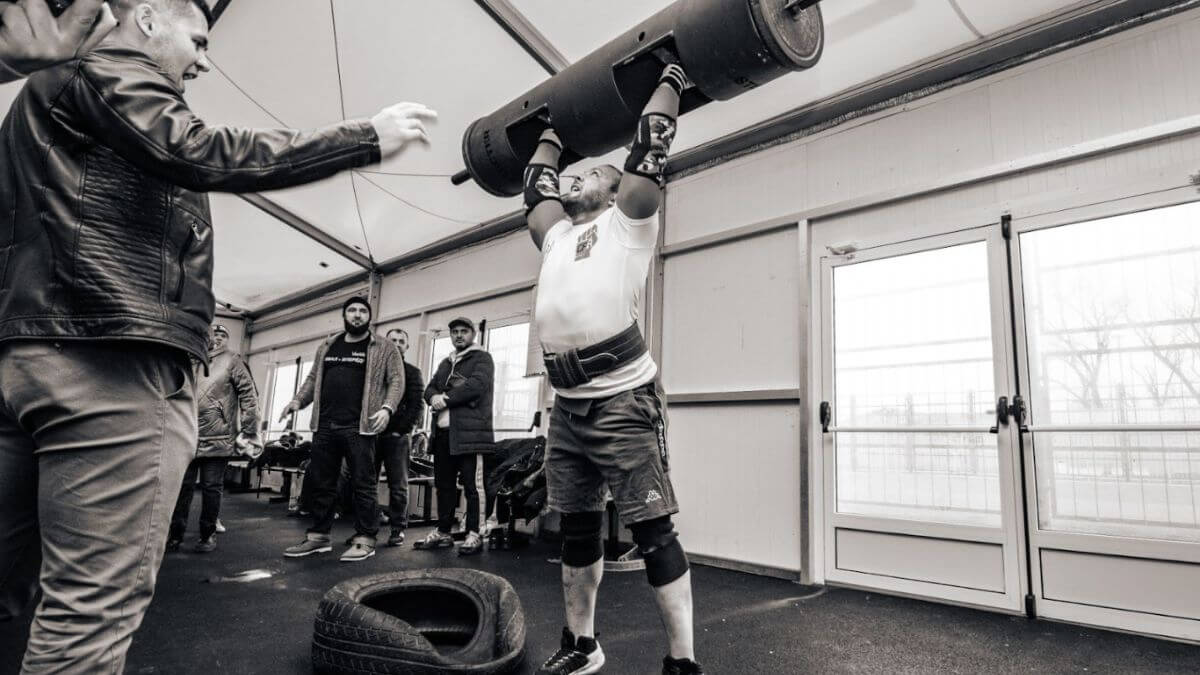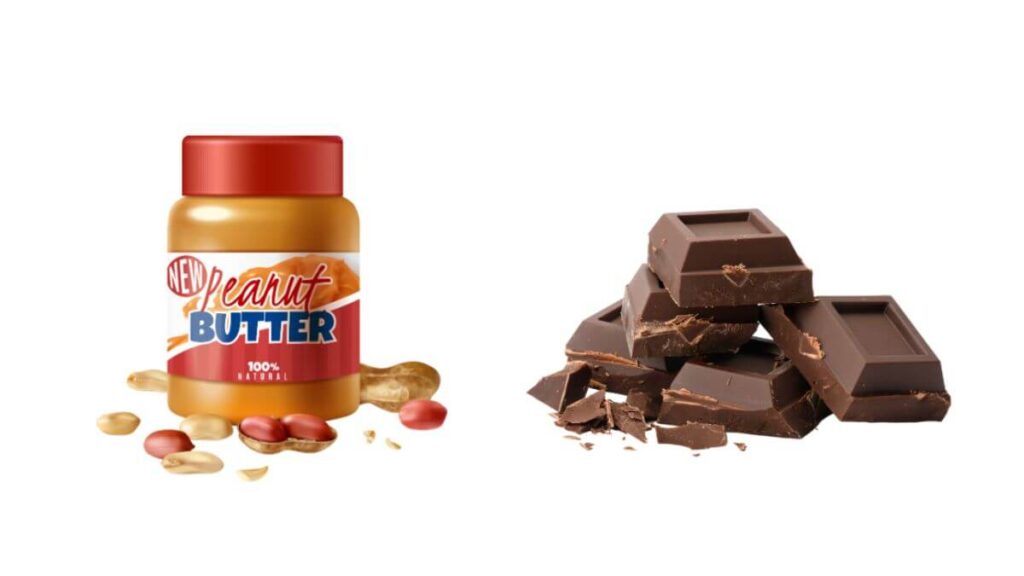In the pursuit of absolute strength in very niche sub-cultures of sport, athletes often face the decision of whether to move up a weight class to enhance their performance. After all mass moves mass. Since the focus on getting stronger is the be all and all for the sports it’s worth noting that some athletes (present company included) opt for unconventional means to put numbers up. These strategies I’m gonna be talking about, though effective in adding pounds to the scale, should be taken with a grain of salt.

Allow me to repeat a thought I always want to make across when talking about being competitive. Being the top of your sport does not always mean you’re healthy nor does lifting week in week out of the gym. For some, being the best is an obsessive quest with a never satiated end. Lifters aren’t immune to normal injuries, blood pressure complications and mental health problems, sometimes taking it to the next level requires a certain level of sacrifice.
Let me give you the lowdown on things I’ve seen and have done in the past to bump up a weight class in very dirty Westside Barbell fashion. “Hard-gainers” take note. It’s critical to note that the pursuit of absolute strength might cause athletes to consider moving up a weight class for improved performance, with the understanding that unconventional tactics can occasionally be used to achieve this, even if done cautiously.
Calorie-Dense Low Stomach Volume Food: Choose to incorporate high-calorie foods such as peanut butter, chocolate bars, sugar syrups as a means of increasing caloric intake. I’ve gone as far as emptying out bottles and bottles of peanut butter just to go up to 138 kg from 124 kg for my 320 kg squat.

Oil-Infused Meals: The practice of adding olive oil to meals, especially to staples like rice, is seen as a quick method to boost calorie consumption. While it does contribute to overall caloric intake. I’ve tried collecting bacon grease, duck fat, beef tallow and using them for fried rice and almost drizzling them as an add on to every meal I eat.
Mayonnaise: I’ve also done some time in which i add sesame kewpie dressing and full on normal mayonnaise to every meal and toss it with my rice to drive up my calorie count.
Considerations for Performance
While these methods may effectively aid in weight gain, there are performance considerations that warrant exploration:
Energy Fluctuations: Rapid weight gain can lead to energy fluctuations and potential drops in training intensity due to energy crashes, impacting overall performance.
Recovery Challenges: Unhealthy foods and drastic dietary changes can result in inflammation and hinder recovery, posing potential risks for injury and compromised training progress.

Digestive Concerns: Abrupt dietary shifts, such as consuming calorie-dense foods, may cause digestive discomfort, impacting an athlete’s focus and performance.
Long-Term Health Implications: Relying on such methods could potentially lead to long-term health issues, a factor that necessitates careful consideration.
Balanced Approaches for Success
For athletes aiming to move up a weight class, a more balanced and strategic approach is advised:
Professional Guidance: Collaborating with a sports nutritionist or dietitian is a prudent step to tailor an effective weight gain plan that ensures nutritional balance.

Nutrient Diversity: Opting for nutrient-dense foods that encompass a well-rounded nutritional profile can promote overall health and sustained energy levels.
Gradual Weight Gain: Incremental weight gain allows for gradual physiological adaptation, minimizing the potential negative impacts on performance.
Rest and Recovery: Adequate hydration and rest are key to supporting recovery and maintaining training consistency.

In the context of competitive powerlifting and strongman endeavors, the decision to move up a weight class is a strategic one. You may be shooting for a record or wanting to get in or out of a very competitive one. While various weight gain strategies exist, sometimes if you hit a wall you actually have to do something new and hard to stomach (literally) to go over that next level and break a weight plateau, same with dieting down. This is not in any way advice for lifters or aspirants in the realm of strength. Take it as a cautionary tale on what not to do if you wanna go about things properly.
With me, having the option to gain a lot of weight very fast just in time for the competition serves only as a short term goal as someone playing at the super heavyweights, and 100% of the time I drop back to my usual walking weight a few months after pigging out. While effective, these strategies come with a price. Rapid weight gain can lead to energy crashes, recovery issues, and potential health concerns. A smarter approach involves seeking professional guidance, prioritizing nutrient-rich foods, gradual weight gain, and focusing on rest and recovery. Remember, the path to dominance shouldn’t compromise your well-being. Opt for a balanced journey that propels you forward without sacrificing your long-term health.


